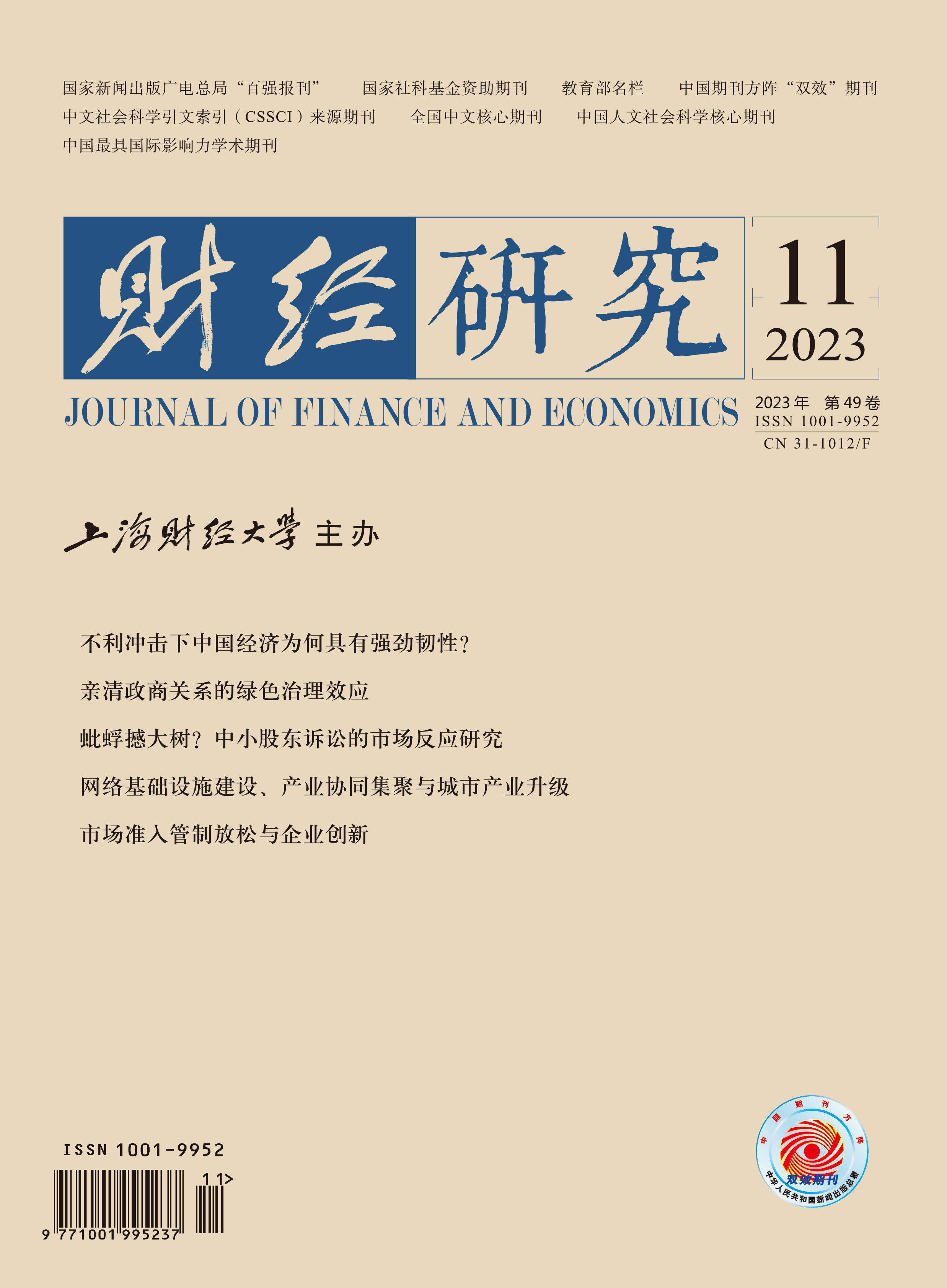Safeguarding the rights of minority investors is a crucial task in maintaining the healthy development of the capital market. The report to the 20th National Congress of the Communist Party of China emphasized the need to strengthen and improve modern financial supervision. In the process of enhancing modern financial supervision, a multi-level public enforcement mechanism has been established to deter securities violations, including administrative supervision and inquiry letters. However, compared to the strong deterrent effect of the public enforcement mechanism, the private enforcement mechanism in China is still imperfect, and its effectiveness is not optimistic. Enhancing the legal infrastructure for minority shareholder litigation is of significant importance in protecting the rights of minority shareholders and promoting the healthy and high-quality development of the capital market.
This paper aims to investigate how the capital market perceives the practice of judicial relief for minority shareholders. The findings reveal that the capital market has a significantly negative reaction to shareholder litigation. This negative reaction is more pronounced for cases related to securities misrepresentation and class actions. Additionally, the market reaction becomes increasingly negative as more money and more people being involved, and lawsuit support from China Securities Investor Services Center being obtained. The market reaction is also more negative for companies with higher risks of violations, lower awareness of investor protection, lower quality of information disclosure, and better external information environment. Further analysis shows that after the approval of the new “Securities Law”, the market reaction to the characteristics of minority shareholder litigation becomes more sensitive, which indicates that the legal construction in the capital market can improve the deterrent effect of minority shareholder litigation. The conclusions show that minority shareholder litigation has a deterrent effect, but its information content depends on the consolidation of legal infrastructure.
The marginal contributions are as follows: First, this paper provides empirical evidence on the effectiveness of minority shareholder litigation under the background of Chinese system. Second, this paper enriches the research on the legislative impact on the capital market. The study suggests that the implementation of the new “Securities Law” improves the legal infrastructure of the capital market. Third, this paper offers policy implications for improving the mechanisms of protecting the rights of minority shareholders and promoting the high-quality and healthy development of the capital market. Importantly, it provides policy insights on how to implement the requirements outlined in the report to the 20th National Congress of the Communist Party of China regarding the standardized development of the capital market.





 4864
4864  4649
4649

